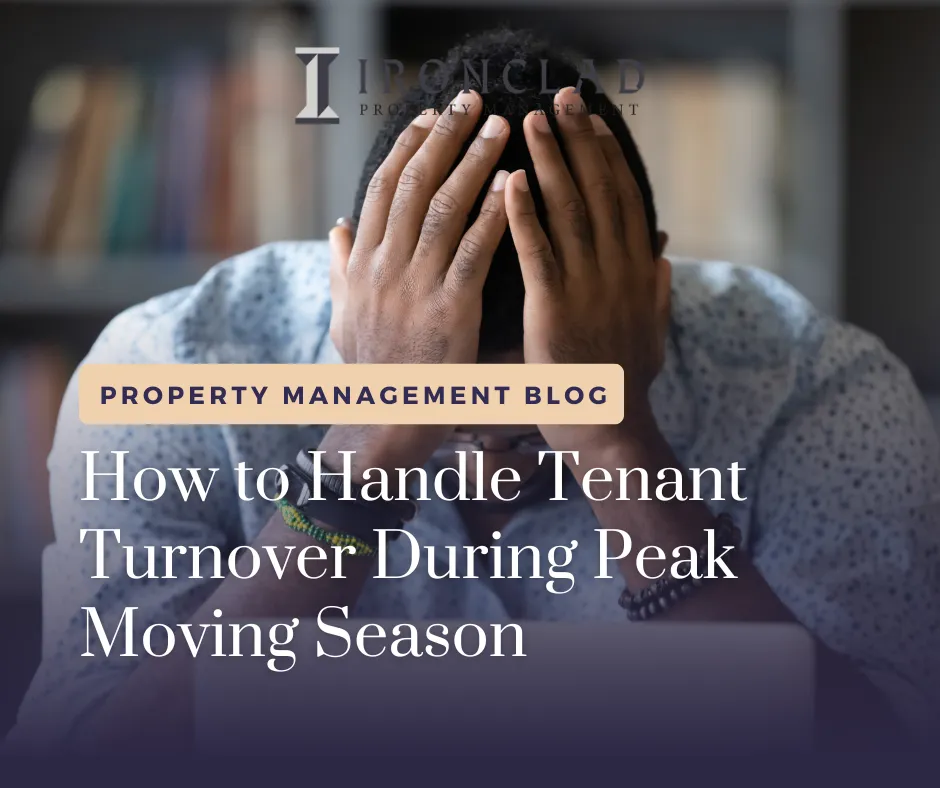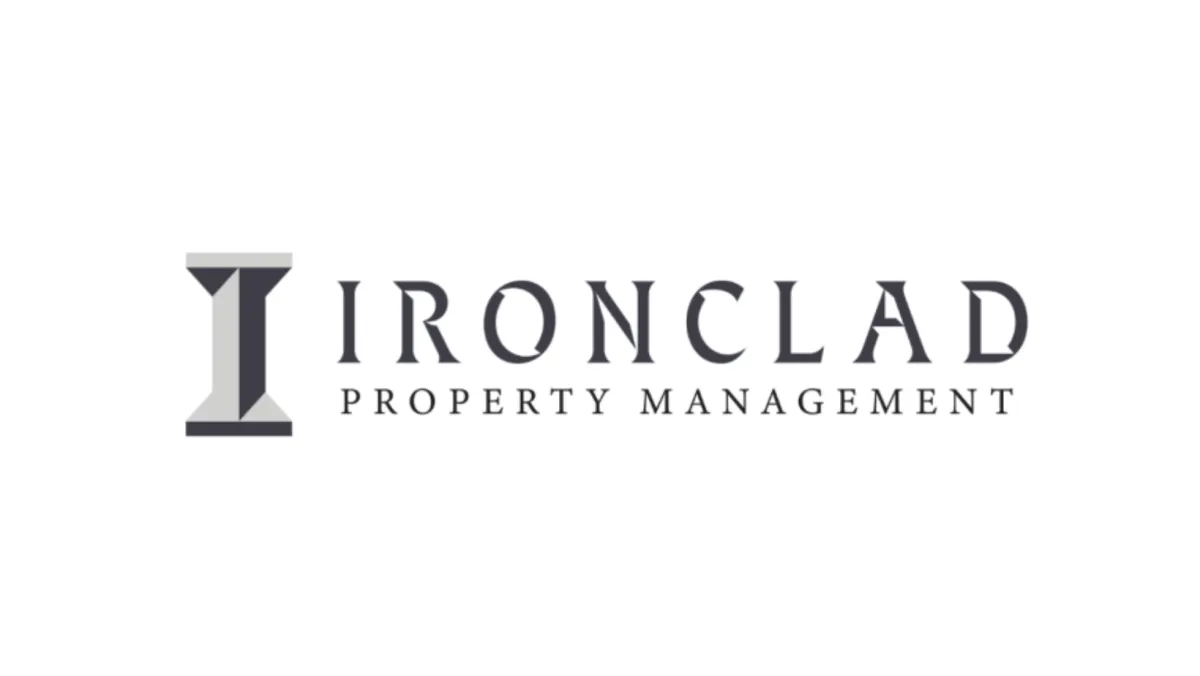5 Reasons Traditional Property Management Isn’t Working
Discover why traditional property management is failing in today’s market. Learn the 5 key reasons it's no longer effective—and what modern landlords should expect instead.

Discover why traditional property management is failing in today’s market. Learn the 5 key reasons it's no longer effective—and what modern landlords should expect instead.

Discover what a property manager really does, from legal compliance and faster tenant placement to rent optimization and long-term planning, Ironclad helps Connecticut landlords protect their investments, reduce stress, and grow smarter.

Discover the top 5 towns primed for growth based on rent trends, infrastructure, and affordability. From hidden gems like Meriden and East Hartford to coastal opportunities in West Haven, Ironclad breaks down where savvy investors should focus next year.

Summer is peak turnover time—and every day your rental sits empty is lost income. In this blog, we break down how Connecticut landlords can streamline tenant turnover during the busy moving season.

LEGAL
TERMS OS USE
PRIVACY POLICY
WARRANTY